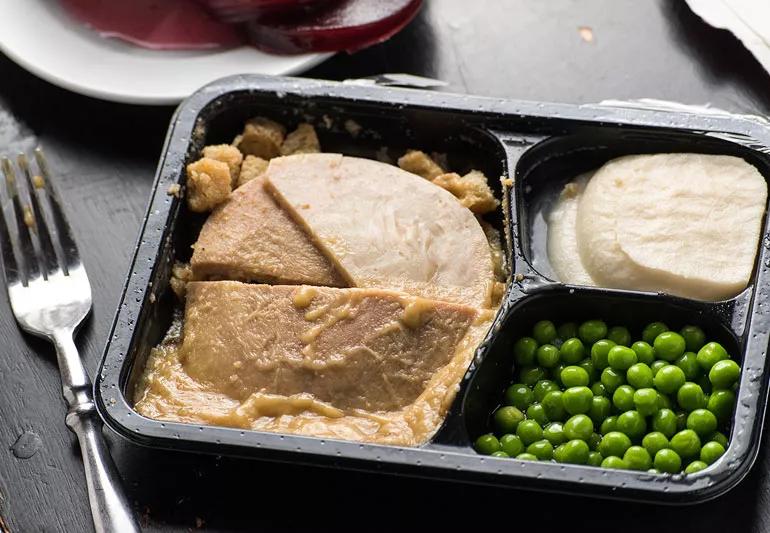They're common in processed foods

Image content: This image is available to view online.
View image online (https://assets.clevelandclinic.org/transform/5c710517-38c2-4994-957f-a56369c7e72f/processedFoods-1027254876-770x533-1_jpg)
TV dinner processed foods
“Yum, sodium nitrate!” Ever hear someone say that before sinking their teeth into a juicy hot dog or some crispy bacon?
Advertisement
Cleveland Clinic is a non-profit academic medical center. Advertising on our site helps support our mission. We do not endorse non-Cleveland Clinic products or services. Policy
Probably not. Most of us aren’t aware of the chemicals in our cuisine. Yet additive-laced processed foods have become more American than apple pie.
A recent study estimates that highly processed foods make up nearly 60% of the American diet.
Food that is processed has been altered, in some way, from its natural state. It’s often more convenient and less expensive.
“Processed foods have often have been treated with additives – substances that add color, enhance flavor or increase shelf life, for example,” says dietitian Kate Patton. “Additives are not necessarily bad. Most foods require them to prevent spoilage and maintain their nutritional value.”
In fact, the U.S. Food and Drug Administration (FDA) has approved thousands of food additives.
Consuming small amounts of additives may be safe, but the health risks add up if you rely heavily on processed foods. A diet rich in processed foods is linked to chronic diseases such as obesity, high blood pressure, heart disease and cancer.
Advertisement
To be safe, it’s wise to choose foods that are in their natural state and color. The best way to eat healthy is to:
“Follow these tips to enjoy food that is not only more nutritious but also fresher and more naturally flavorful,” Patton says.
Advertisement

Sign up for our Health Essentials emails for expert guidance on nutrition, fitness, sleep, skin care and more.
Learn more about our editorial process.
Advertisement
Pick bell peppers to help fight cancer, memory decline and joint pain
The tropical fruit is a good source of antioxidants and vitamin C
High amounts of cholesterol and saturated fat in red meat may be linked to heart disease
The leaves and pods from this tree are rich in essential nutrients
This starchy root vegetable is a staple in many global cuisines — but it has to be prepared correctly, or it can cause serious concerns
These delicate green sprouts can give you an extra dose of vitamin K and other nutrients — but they’re not safe for everyone
Edamame, lentils and chicken breast are good sources of protein
Eating this root vegetable can help support your eye, heart and brain health
Prioritize your health by managing stress, strengthening your social connections and getting quality sleep
Bolsters, blankets, pillows and blocks can offer extra support, stability and comfort
Allergies, postnasal drip, asthma or reflux could be to blame for a cough that won’t quit